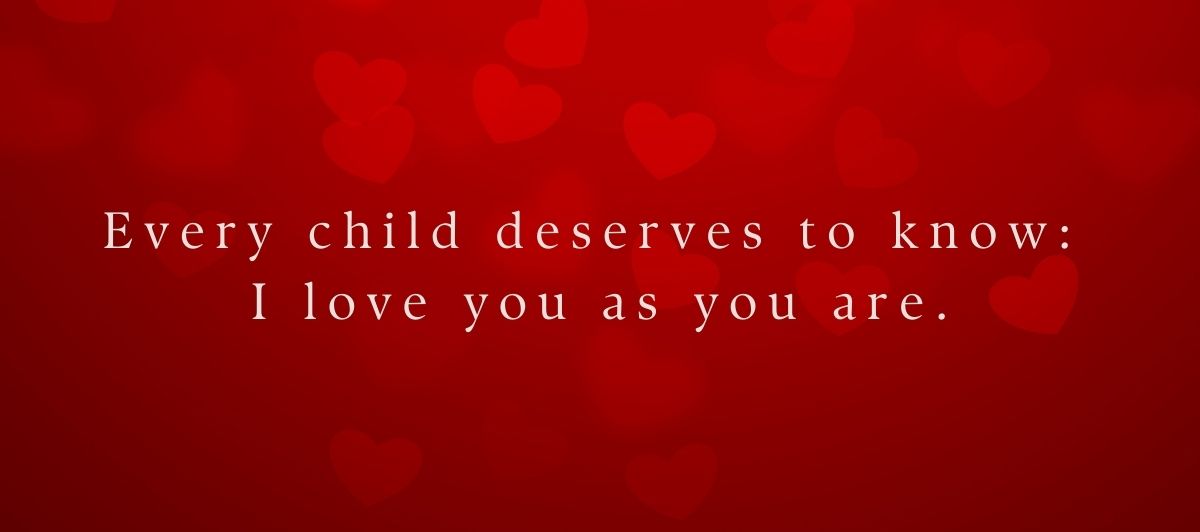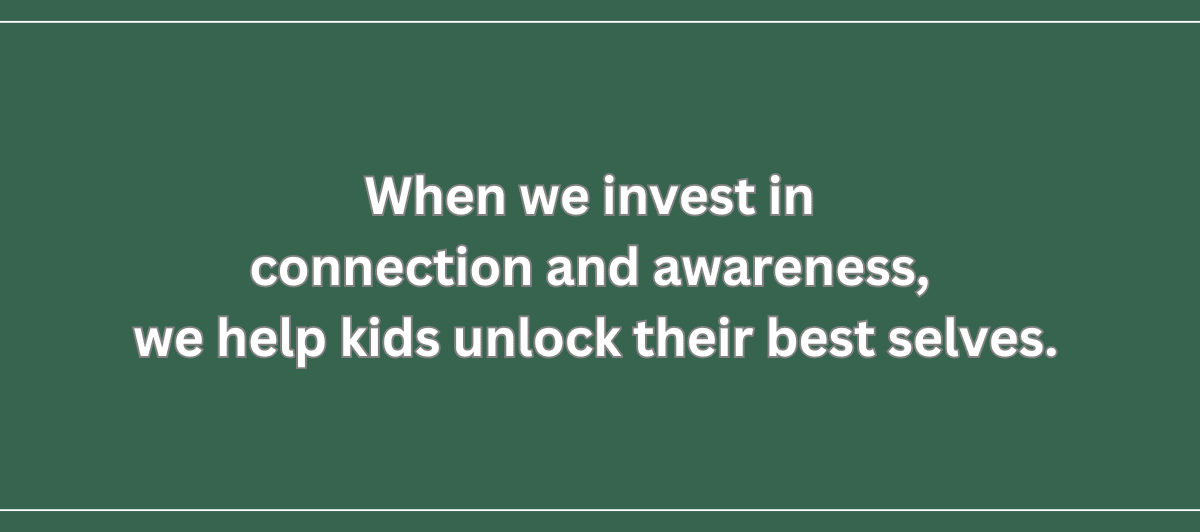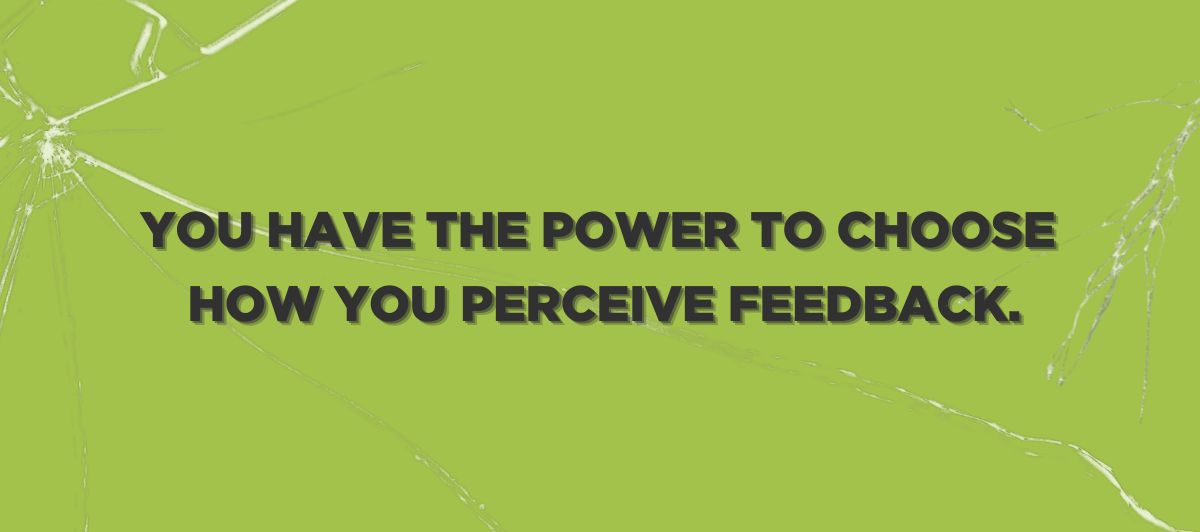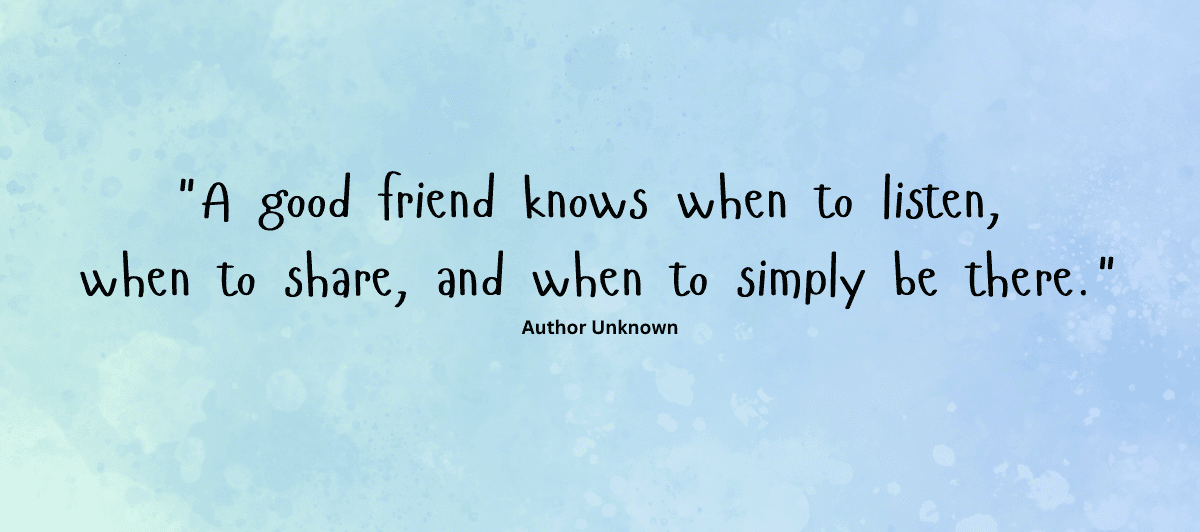
Kids Need to Love Themselves Every Day
Many people celebrate Valentine’s Day – a day to appreciate the people you love.
But there’s a celebration we often miss: teaching kids to love themselves.
Loving themselves isn’t about arrogance or thinking they’re better than others.
It’s about knowing they still matter:
- After a mistake
- During big emotions
- On hard days
It’s a powerful, unwavering belief that who they are is enough.
As parents and educators, you play a key role in teaching kids to love themselves by:
- Remembering a mistake doesn’t make them “bad”
- Pausing instead of reacting
- Listening instead of fixing
- Noticing effort, not just results
This week, look for small moments to remind your child/student:
- You matter
- You’re still worthy
- You don’t have to earn my love
This is what I know: These moments send a powerful message. Kids begin to see they are valued for who they are, not just what they do. That belief becomes the voice they carry with them, guiding their confidence, choices, and long-term emotional resilience.
Download a ‘You Matter’ worksheet for kids
Until next time…










